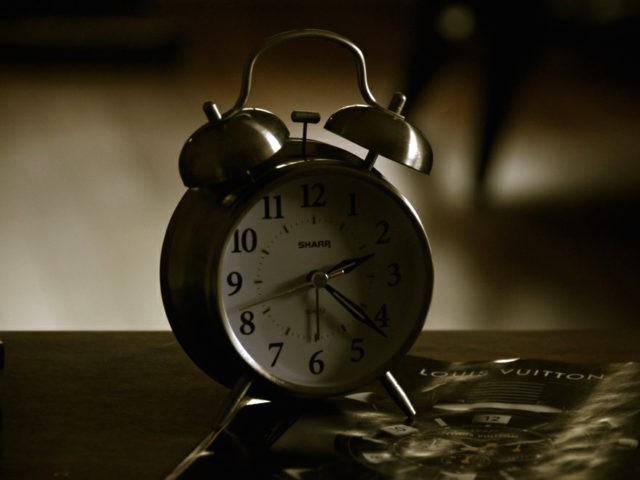The California State Assembly is now considering legislation that would postpone the start of public middle and high schools until 8:30 a.m. each day, after a large majority of the California State Senate passed the bill earlier this year.
California Senate Bill 328 passed out of the Senate by a majority vote of 25 to 13. The legislation, titled “Pupil attendance: school start time,” provides that the “public school day for middle schools and high schools shall begin no earlier than 8:30 a.m. no later than July 1, 2020.” The most recent version of the bill does provide a two-year waiver for rural districts, but all state public schools would be calendared to start at 8:30 a.m. by 2022.
When the primary and secondary education system started in the 1800s, California public school districts were free to set school calendars and hours. City schools tended to go year-round, and rural schools were open for the equivalent of five months, with winter and summer sessions that allowed farm children to help with planting and harvesting crops.
Union concerns about the ill effects of too much schooling on students’ and teachers’ health led to eliminating summer terms and setting a standardized statewide 180-day school year in the 1950s. The California Legislature cut the public school year calendar to 175 days in 2008. The change was described by unions as an effort to reduce environmental damage by reducing transportation, heating and cooling, and food service costs.
But with California public schools’ National Assessment of Educational Progress standardized test scores for 4th- and 8th-grade student math and reading scores plunging to the bottom fifth of U.S. states, the 180-day school year was reestablished in 2015.
The justification for later school days is based on studies by the National Heart, Lung and Blood Institute that the daily recommendation for sleep is 16 to 18 hours for newborn babies, 11 to 12 hours for preschool children, 10 hours for school-age children, and 9 to 10 hours for teenagers. But with an individual’s biological clock shifting forward in adolescence, teenagers tend to become more alert and have difficulty falling asleep in the evening and waking early in the morning, according to the National Sleep Foundation.
SB-328 cleared the Assembly Education Committee by a 5-to-2 vote and is moving toward an Assembly floor vote. Governor Jerry Brown has not indicated whether he will sign the legislation if it is passed and moved to desk.

COMMENTS
Please let us know if you're having issues with commenting.